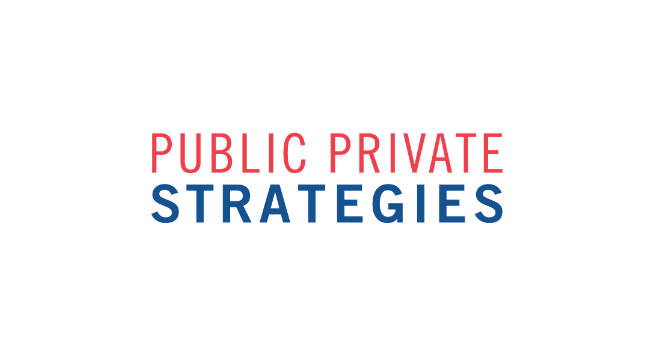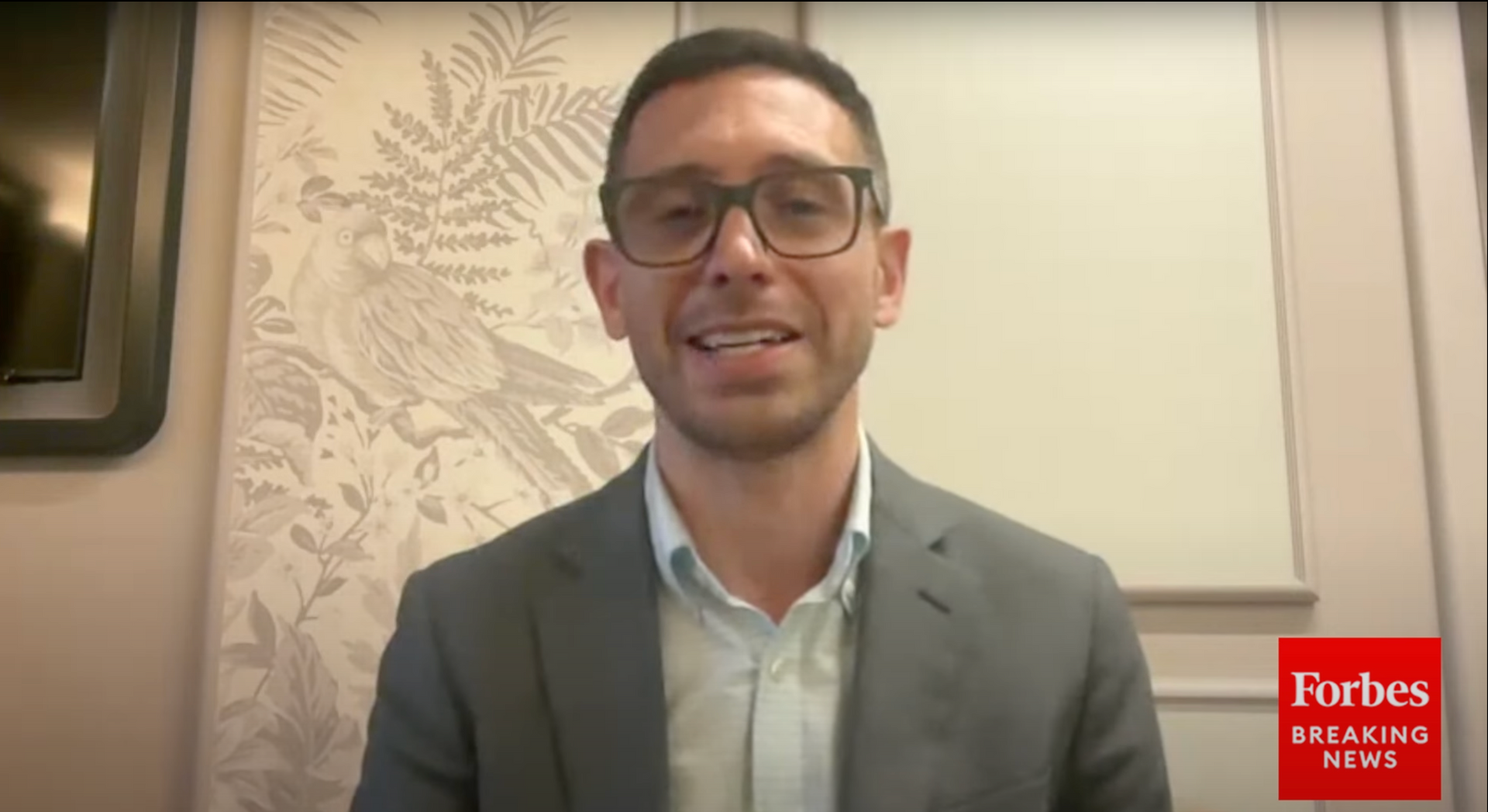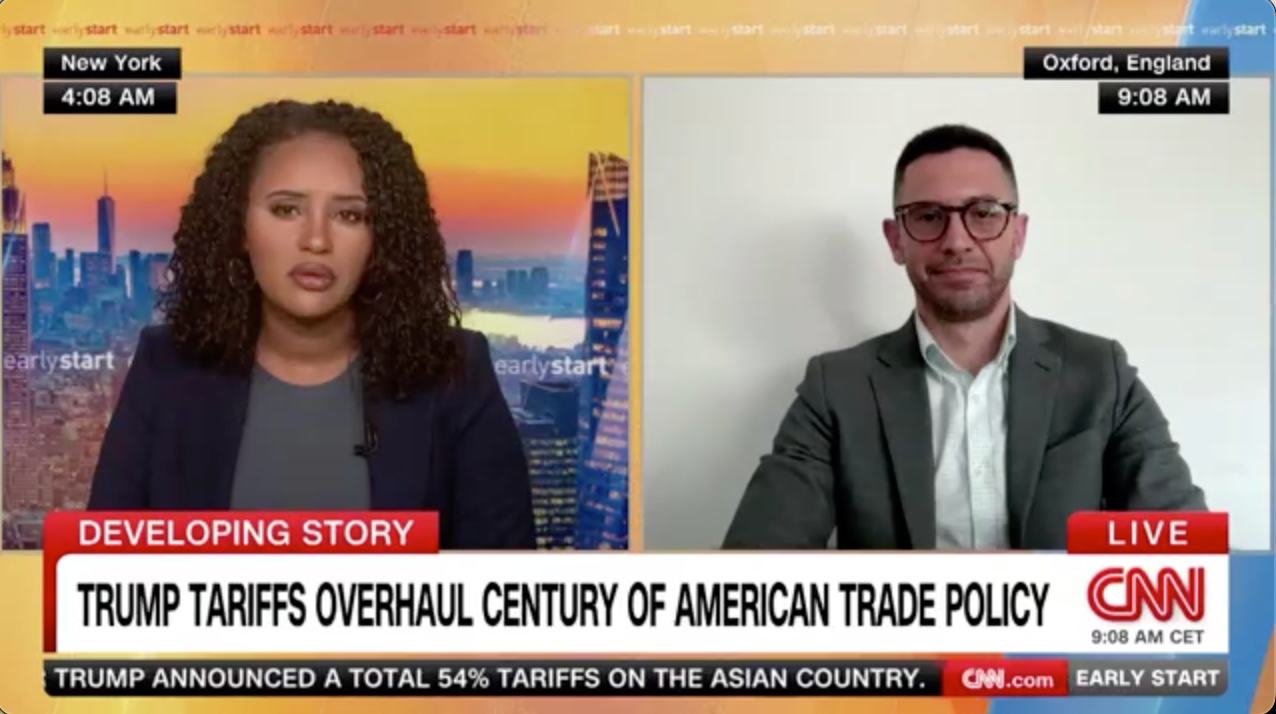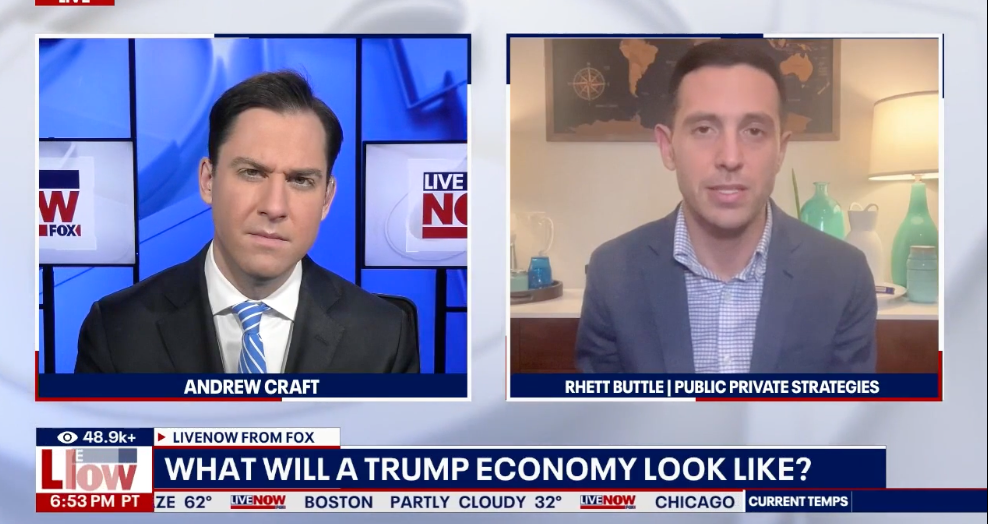Working from Home: Balancing Work Life and Home Life
John Timpane • May 29, 2020

Working from home is like living two lives in the space of one. You’re managing your job — and also managing partners, children, pets, roommates, ringing phones, chores, neighbors, and all the other actions and distractions that go with home life.
Balance is of the essence. Home life suffers if work life overwhelms it and vice versa. You can’t just shut your office door and work undisturbed for 12-14 hours a day. Nor can you stop work whenever a partner, child, burst pipe, or eager dog interrupts.
Balance depends on three principles: boundaries, discipline, and care for yourself and others.
1. Boundaries
Claim a space for your office.
“Find a comfortable, private spot in your home where you’re going to work,” says Julie Bort, a freelancer living in Colorado, “preferably one where you can close the door.” You need that privacy for phone- or Web-enabled meetings and interviews.
“I have a separate room that’s the office,” says Joe Diorio, 64, who publishes a newsletter in Nashville, Tenn. “I have a dedicated office space,” says Vikki Lovvoll, 49, who works with pharmaceutical firm Braeburn in Lawrenceville, N.J., “but it’s literally a small folding IKEA table top in a strategically located corner of the room, with good lighting in case I need to go on video.” Jen A. Miller, 39, a writer in Audubon, N.J., says her office is “my dining room table or at a standing desk which is my kitchen counter.”
Whatever the set-up, make it your own. Marie Kondo, guru of organization, says on her website, KonMari.com, that “creating a calm, uncluttered environment will enhance both productivity and joy.”
Kondo also suggests holding the line. Keep home and office apart. Avoid sprawl: it’s messy and may test the patience of others in the house.
Make sure your spouse/roommate/partner/family knows when and where you’ll be at work.
Get buy-in from those you live with. Cooperation is key. Many couples, for example, both work from home. Carolyn Haines, 33, of Lawrenceville, N.J., and spouse Chris break up childcare duties. “Each gets five straight hours of focus time while the other watches the kids,” she says. “We make up extra work hours by one of us getting up really early and the other staying up late.”
SaraKay Smullens, 80, a therapist and writer in Philadelphia, Pa., says that during the workday she and husband Stan “are in different parts of our apartment and do not interrupt each other. … At 5, Stan and I stop. We have a glass of wine and take turns preparing dinner. … Then we have an evening.”
2. Discipline
Get a professional start.
Shower and dress for work. “I feel like a lot of people are skipping showers,” Miller says. “Psychologically, it’s the beginning of the day.” Is there a dress code? Ailene Izquierdo, interim chair of the Department of Communication at Florida International University in Miami, Fla., says, “Working in pajamas may be comfortable, but you may not be as productive or mindful that way. Maybe you don’t need a suit and tie, but business casual is a good idea.”
Many people perform what Kondo calls “boundary rituals,” something to signal that the workday has begun. Chris Van Es, 61, a freelance artist in Port Hope, Ontario, Canada, for more than 30 years, says, “Have a routine that you use to start work — finish the crossword, whatever.”
Make a schedule and keep to it.
Start work at the same time every day. “Structure your day no differently than if you are going to an office,” Diorio says. “I know it sounds simple, but it works.”
Some folks have a six- to eight-hour block, just like at the office. Others schedule two or three blocks of time, interspersed with tasks such as home-schooling or shopping. Some assign specific activities to specific times. “I tend to write stories in the mornings and do interviews in the afternoons,” Miller says.
Keep a calendar or daily task list.
These organizational tools are also motivators that give your day structure and momentum. “You want to keep track of yourself for putting in a full day’s work,” Bort says. “I do it with a task list, X things I need to get done every day, so you can say, ‘Hey, if I accomplish these goals today, great. Anything on top of that is gravy!’ ”
Give yourself a break.
Shorter breaks let you clear your head, unkink your back, get a drink or snack, check in with partner or family, and return refreshed. Longer breaks could include lunch, power naps, exercise (see below), or family hangout time. Some folks ink in “to-do times” for domestic tasks like check signing; calls to repair people, lawyers, teachers, or doctors; or pressing homework issues.
Set a hard and fast quitting time.
Don’t work all the time. (The temptation will be there.) Maintain time boundaries and avoid job creep: Experienced workers-at-home know a regular quitting time is essential. Roomies, friends, family, and pets deserve it.
“At the end of the workday,” Miller says, “the computer comes off the dining room table and goes on the bottom shelf of a special table and goes away. My notebook, my to-do list, all go away. If I don’t have time off, I can’t recharge for the next day. Same for weekends.”
3. Care for self and others
With good boundaries, everyone’s buy-in, and a clear schedule, you’ll already be taking care of yourself, your coworkers, and those who share your home life. But remember to build in time for social interactions, recreation, and reminders of home life.
Stay in touch with people. Lovvoll does it on her breaks: “I schedule ‘virtual walk-and talks,’ work and personal.”
Schedule exercise, hobbies, or outdoor time. Lovvell suggests doing things “you normally wouldn’t have time to do (art/bake bread/home project/learn something new).” And make exercise part of your day, whether it’s yoga, a brisk walk, or a run, make exercise part of your day. Get out of the house: it’s essential (Lovvoll: “If the weather is nice, go outside!”). “Usually,” Miller says, “I run first thing in the morning, or mid-morning.”
Judy Gray, 72, of Tallahassee, Fla., is remotely handling an interim CEO job for an international veterinary association based in Texas. In between calls and meetings, she makes sure to “step away and do something physically demanding like power washing the sidewalk and staining the deck and playing ball with the pups. Or sit on my swing and read. It reminds me of my ‘real’ life, and I’m refreshed and ready to dive into the job again.”
Have a memento of home — a family photo, a kid’s soccer trophy, a framed diploma — in your office. Or perhaps it’s a living reminder. Nancy Ehrlich Lapid, 63, a medical editor in Chatham, N.J., says, “Among my tricks for keeping my mood up is making every day Take Your Dog to Work Day.”
Balance can be elusive, and it’s seldom perfect. Whether it’s a work call at dinner time or a cat leaping on your lap during a Zoom conference, interruptions happen. That’s life. But both work and home life benefit from the effort to achieve balance. With the gentle closing of a door, a good day at the office can turn into an even better day at home.
John Timpane is a writer and editor working from home in New Jersey.
WANTING MORE NEWS? SIGNUP TODAY
Contact Us

*This article was written by Scripps News Staff. President Joe Biden announced that the government will cover 100% of Hurricane Helene cleanup costs for the next several months to pay for the urgent work to clear the mud, remove downed trees and provide temporary housing. The federal support comes as residents in multiple Southeastern states are still struggling to return to normal following last week’s storm that killed over 200 people. Katie Vlietstra Wonnenberg, a small business advocate and political strategist, said it is going to take a significant amount of time to finish the cleanup, no matter how hard the federal government works. Read the entire piece on Scripps News.

WASHINGTON, D.C. – This month marks the anniversary of two pivotal pieces of legislation that are helping fuel a small business boom, the CHIPS & Science Act and the Inflation Reduction Act. Over the past four years, there has been a historic growth of American entrepreneurship across the country, with over 18 million new business applications filed, each one an act of hope and optimism in our economic future. This small business boom is fueled by investments like the Inflation Reduction Act and the CHIPS & Science Act. Rhett Buttle, Founder and CEO of Public Private Strategies, released the following statement: “As we mark the two-year anniversaries of the CHIPS & Science Act and the Inflation Reduction Act, the positive impact across the business landscape, and particularly for entrepreneurs, is unmistakable. The CHIPS & Science Act is fueling entrepreneurship opportunities by dedicating over $50 million to help develop new ideas and technologies to strengthen domestic semiconductor production and supply chain. “The Inflation Reduction Act has helped lower costs for workers and consumers, driving up demand for small businesses across the country. The healthcare provisions of the Inflation Reduction Act alone are saving millions Americans an average of $800 per year on health insurance premiums. These investments have helped fuel America’s small business boom, including a record 18 million new small business applications filed over the past four years. “We have more work to do to address the issues that business owners have consistently said are their top priorities, from lowering health care and prescription drug costs to expanding and streamlining contracting opportunities for small employers to strengthening and protecting American democracy . We remained committed to working with business leaders to address these challenges and ensure these investments are implemented effectively to grow economies and support communities all across the country.” ### About Rhett Buttle Founder & CEO, Public Private Strategies President, Public Private Strategies Institute Senior Fellow, The Aspen Institute Rhett Buttle is an entrepreneur, advocate, and one of the most trusted leaders at the intersection of business and policy in Washington, DC. He has worked for President Biden, Vice President Harris, President Barack Obama, Secretary of State Hillary Clinton, and Governor Arnold Schwarzenegger in government and campaign roles. Rhett is the founder of Public Private Strategies (PPS) and President of the Public Private Strategies Institute (PPSI), which works to bring together the public and private sectors to build coalitions, activate campaigns, and create strategic partnerships to drive policy and market outcomes. In these roles, he advises leading policy makers, foundations, nonprofits, and corporations. In addition to PPS and PPSI, he has helped found the Small Business Roundtable, Small Business for America’s Future, and the Next Gen Chamber of Commerce. He is also a Senior Fellow at the Aspen Institute and a regular contributor to Forbes, where he writes on the intersection of business, policy, and politics. Rhett has also been featured in The New York Times, CNN, The Wall Street Journal, and several other business publications. About Public Private Strategies Public Private Strategies (PPS) creates opportunities where the public and private sectors meet. We bring together diverse allies including foundations, associations, corporations, small businesses, and entrepreneurs to solve pressing societal challenges. By harnessing the power of the private sector, we build coalitions, activate campaigns, and create strategic partnerships to drive desired policy and market outcomes. Learn more at www.publicprivatestrategies.com .

WASHINGTON, D.C. – This month marks the anniversary of two pivotal pieces of legislation that are helping fuel a small business boom, the CHIPS & Science Act and the Inflation Reduction Act. Over the past four years, there has been a historic growth of American entrepreneurship across the country, with over 18 million new business applications filed, each one an act of hope and optimism in our economic future. This small business boom is fueled by investments like the Inflation Reduction Act and the CHIPS & Science Act. Rhett Buttle, Founder and CEO of Public Private Strategies, released the following statement: “As we mark the two-year anniversaries of the CHIPS & Science Act and the Inflation Reduction Act, the positive impact across the business landscape, and particularly for entrepreneurs, is unmistakable. The CHIPS & Science Act is fueling entrepreneurship opportunities by dedicating over $50 million to help develop new ideas and technologies to strengthen domestic semiconductor production and supply chain. “The Inflation Reduction Act has helped lower costs for workers and consumers, driving up demand for small businesses across the country. The healthcare provisions of the Inflation Reduction Act alone are saving millions Americans an average of $800 per year on health insurance premiums. These investments have helped fuel America’s small business boom, including a record 18 million new small business applications filed over the past four years. “We have more work to do to address the issues that business owners have consistently said are their top priorities, from lowering health care and prescription drug costs to expanding and streamlining contracting opportunities for small employers to strengthening and protecting American democracy . We remained committed to working with business leaders to address these challenges and ensure these investments are implemented effectively to grow economies and support communities all across the country.” ### About Rhett Buttle Founder & CEO, Public Private Strategies President, Public Private Strategies Institute Senior Fellow, The Aspen Institute Rhett Buttle is an entrepreneur, advocate, and one of the most trusted leaders at the intersection of business and policy in Washington, DC. He has worked for President Biden, Vice President Harris, President Barack Obama, Secretary of State Hillary Clinton, and Governor Arnold Schwarzenegger in government and campaign roles. Rhett is the founder of Public Private Strategies (PPS) and President of the Public Private Strategies Institute (PPSI), which works to bring together the public and private sectors to build coalitions, activate campaigns, and create strategic partnerships to drive policy and market outcomes. In these roles, he advises leading policy makers, foundations, nonprofits, and corporations. In addition to PPS and PPSI, he has helped found the Small Business Roundtable, Small Business for America’s Future, and the Next Gen Chamber of Commerce. He is also a Senior Fellow at the Aspen Institute and a regular contributor to Forbes, where he writes on the intersection of business, policy, and politics. Rhett has also been featured in The New York Times, CNN, The Wall Street Journal, and several other business publications. About Public Private Strategies Public Private Strategies (PPS) creates opportunities where the public and private sectors meet. We bring together diverse allies including foundations, associations, corporations, small businesses, and entrepreneurs to solve pressing societal challenges. By harnessing the power of the private sector, we build coalitions, activate campaigns, and create strategic partnerships to drive desired policy and market outcomes. Learn more at www.publicprivatestrategies.com .




